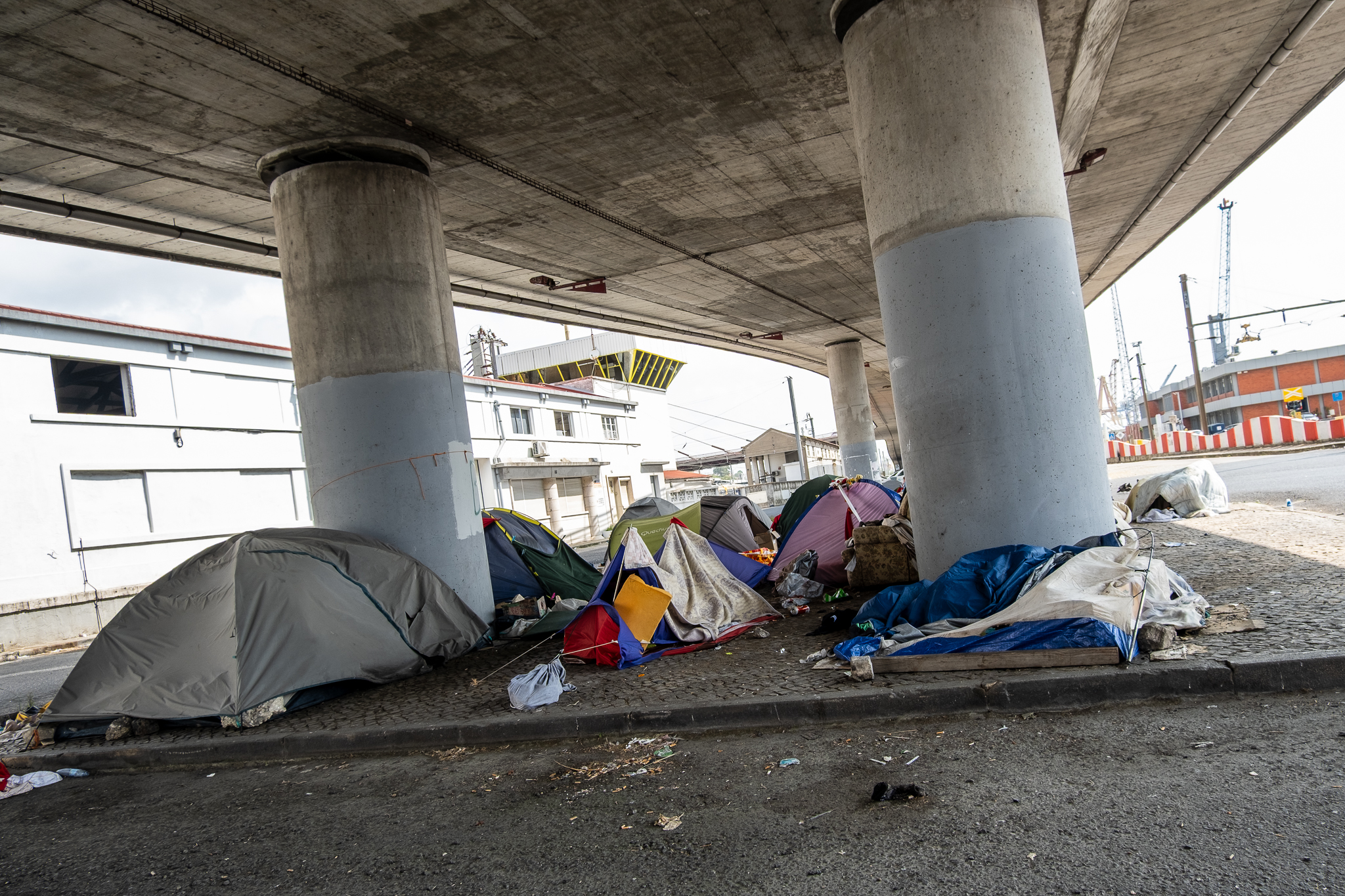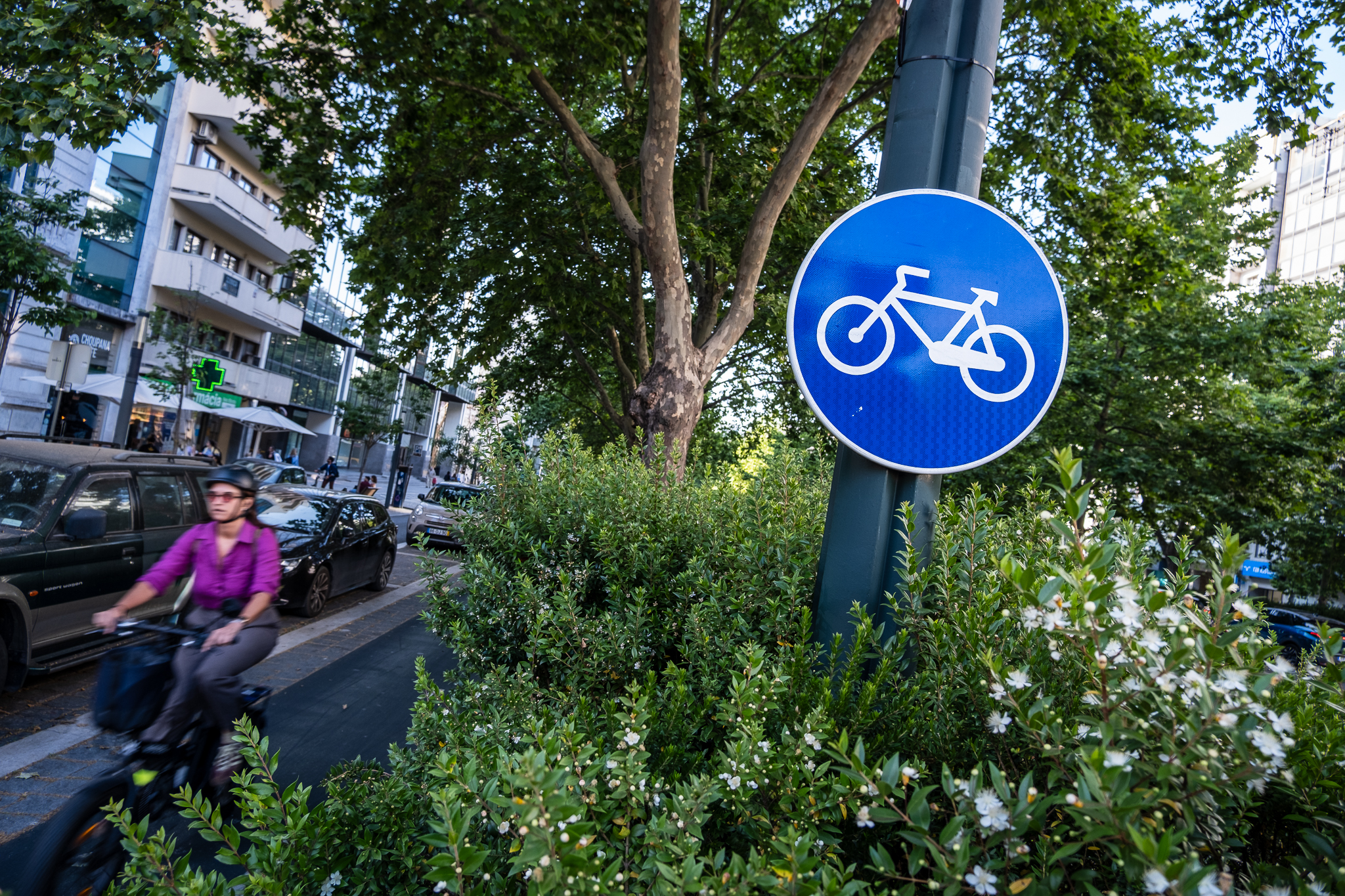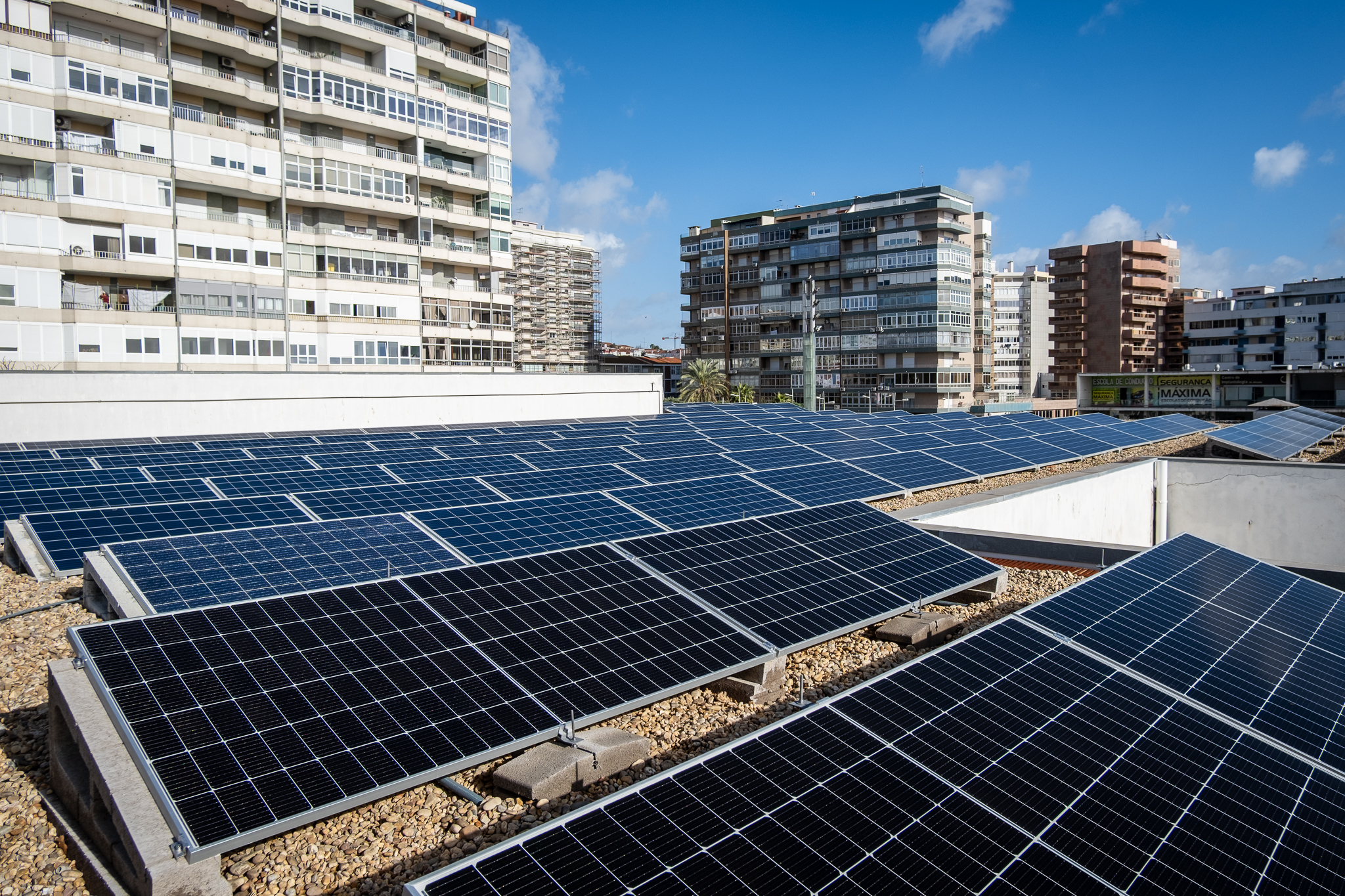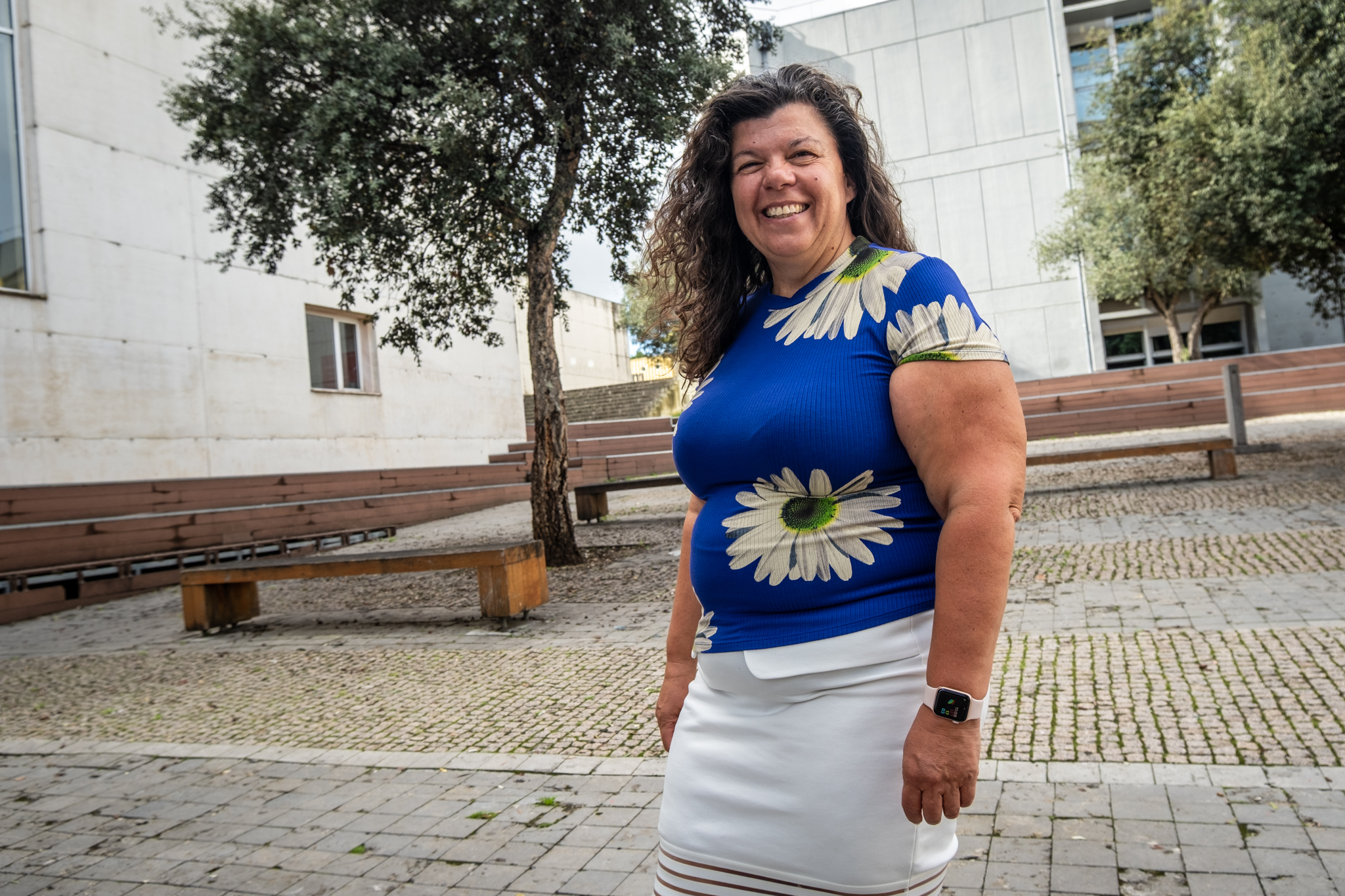Opinion.
The proposals presented aim to provide alternatives to the current fare structure for public transport, making access to public transport easier, cheaper and more flexible, offering solutions adapted to the generalization of remote working.

This opinion piece is the responsibility of ZERO, an environmental association.
According to the 2021 Census, around two thirds of the Portuguese continue to use their car as a means of transportation to get to work or study. At the same time, fuel consumption and transport emissions continue to rise alarminglyThis represents almost 30% of all emissions in Portugal, far exceeding those in the year preceding the pandemic, in which large cities such as Lisbon and Porto are experiencing chaotic traffic levels. Therefore, it becomes imperative and urgent to implement measures that encourage a transition from the use of private cars to public transport. This transfer will reduce dependence on polluting and planet-warming fossil fuels and create the conditions for more friendly and breathable cities.
This is taking place in a context where, with the adoption of hybrid work by many employers, we are seeing a significant change in mobility patterns. According to the available data, around one million workers remain in partial or totally remote work, which may have led many of them to stop purchasing monthly public transport passes, preferring instead to use the car occasionally - for example, when they only go to work two or three days a week -, which may be a factor in explaining the upward trend in transport emissions and the increasing levels of traffic in cities. Although even in a hybrid work regime the pass can remain financially advantageous, it is less so, which is why pass tariffs need to be adapted to respond to the new work paradigm.
In this sense, and at a time when mobility system managers, such as Transportes Metropolitanos de Lisboa (TML), are striving to make the advantages of public transport known to companies, ZERO is presenting a set of measures aimed at making the pass system more attractive to employers and individual citizens, adapting it to the contemporary needs of users. The proposals presented aim to provide alternatives to the current fare structure for public transport, making access to public transport easier, cheaper and more flexible, offering solutions adapted to the generalization of remote working.
1. rate for hybrid work: 5/10/15 days per month pass
ZERO believes that sustainable mobility must adapt to the modern needs of workers and therefore proposes the implementation of a tariff/pass that includes 5, 10 or 15 days (not necessarily successive) to choose from during the monthwith values that vary according to the number of days.
2. Ceiling on travel costs
Cost cap system which ensures that users do not pay more than a certain amount for their journeys. This system would allow occasional users of public transport to pay no more than a certain amount, which could be daily, weekly or monthly, allowing them to use all public transport during those periods. For example, regardless of how much money is loaded onto the ticket and how many journeys are made, no more than 3 euros per day would be deducted. Thus, a user who needs occasional transportation always has the guarantee that they can use the cost-controlled public transportThe cost of a car is much lower than the cost of a car, although it is relatively disadvantageous compared to the value of the passes, which must maintain their attractiveness and convenience.
3. Use of public transport outside peak hours with incentives
ZERO proposes a off-peak scheme (off-peak) that rewards users who choose to travel during off-peak times with a discount on the following month's pass. For example, if more than 50% of the journeys in the month are outside rush hour, the following month the pass is discounted by 20%. In practice, this is a reduction in fares on off-peak days and times, encouraging demand to be distributed more evenly throughout the day and week, helping to alleviate the concentrated use and possible overcrowding of public transport at peak times, and rewarding employers and users for a more balanced choice of timetables. This is a measure of fundamental application to avoid excessive crowding on public transport during periods of high demand and to reduce the number of empty seats during periods of low demand.
4. Pass + car parking
ZERO proposes a type of pass + car parking in deterrent parks (any) around citiesThis is similar to the Dutch P+R (Park and Ride) model and that of Strasbourg. This approach would allow users to easily combine car use in the so-called first/last kilometer with different modes of transport, promoting more integrated and sustainable mobility, thus preventing cars from entering cities.
5. Single transport pass at national level
ZERO emphasizes the importance of creation of a monthly pass allowing general access to public transport available throughout the countryThis is in line with the system in place in Germany since May 2023. There is an urgent need for ticketing and transport subscription options to be standardized and equitable for all national citizens, complementing the success already demonstrated by the new National Rail Pass.
6. Agreements with public, cooperative and private educational establishments co-working
In a scenario where employers are open to remote working, but workers' homes don't always offer the necessary conditions for this, it's important to develop alternatives in suitable environments, away from their homes, but without the need for long commutes, promoting the concept of the 15-minute city. In this context, ZERO proposes the creation of collaborative partnerships between transport authorities and the co-workingThis would include the possibility of establishing a type of pass to be purchased by employers to be distributed among workers, combining public transport with access to a health center on a certain number of days. co-working close to home.
Car users will only switch to public transport if it is affordable but also functional
At a time when the government is launching initiatives such as the free passes for young people up to the age of 23 and the National Rail PassIt is important to note that accessible public transport benefits low-income populations, and is therefore a positive measure from a social point of view. From an environmental point of view, free public transport tends to encourage users to travel more because it is free, which can increase transport operators' costs and, ultimately, public transport emissions, especially if measures are not taken to electrify public transport at the same time, an increase which in some cases may not be offset by a reduction in private transport emissions.
Usually when public transport is made free, if service levels are unsatisfactoryAs a result, only a small number of people who previously traveled by car switch to public transport, and it is among this population that the real challenge lies. Under these conditions, the new passengers tend to be pedestrians and cyclists rather than car drivers - they will only switch to public transport when it proves to be a real alternative, particularly in terms of time, frequency, punctuality and comfort, and when restrictions are imposed on car traffic, particularly in cities. For this reason, these initiatives and the measures proposed by ZERO should form part of a broad integrated package that includes actions to improve the public transport service.
Specifically, we need to adopt effective management of the transport system and investments to strengthen supply and infrastructure to avoid overcrowding and inefficiencies. If transport, even if it's free, doesn't work properly, young people under 23 will easily opt for a car when they no longer have access to it and their purchasing power increases. It is therefore essential to ensure that the experience of using public transport is positive in the medium to long term, in order to prevent a possible return to the use of private vehicles.
For this to happen, special attention must be paid to the quality of the service provided, both in the metropolitan areas of Lisbon and Oporto and outside them, calling on the Environmental Fund, which must ensure regular and consistent financial conditions for improving supply and ticketing, the Intermunicipal Communities, which must guarantee adequate levels of operational coordination, the transport operators and the City Councils, which must ensure adequate circulation conditions for public road transport vehicles.
ZERO is convinced that the innovative measures proposed here, but which exist and have been successful in other countries, have the potential to improve the mobility system in Portugal, making public transport more accessible, efficient and attractive, in order to meet the real needs of current and future users.
Article originally published here.







